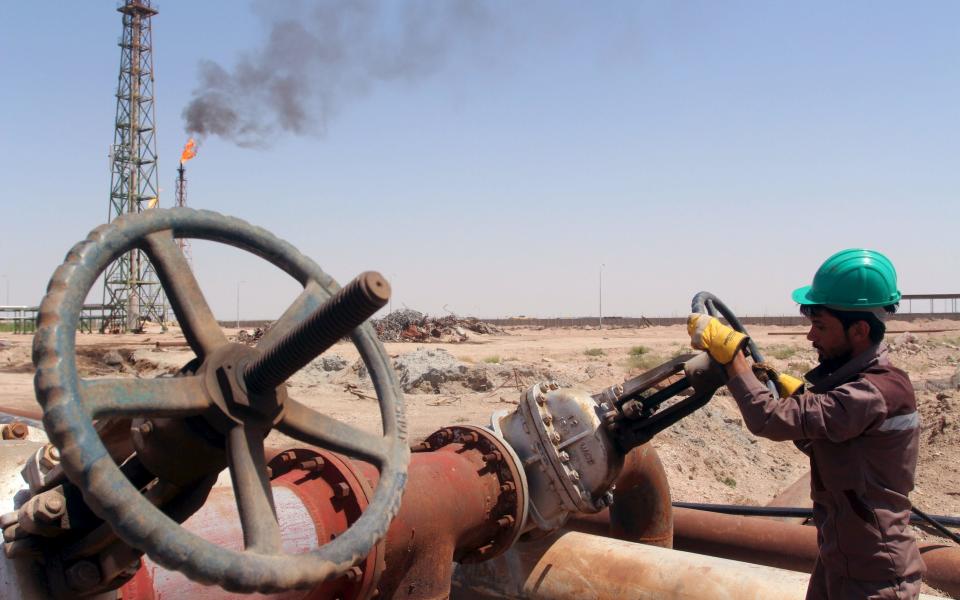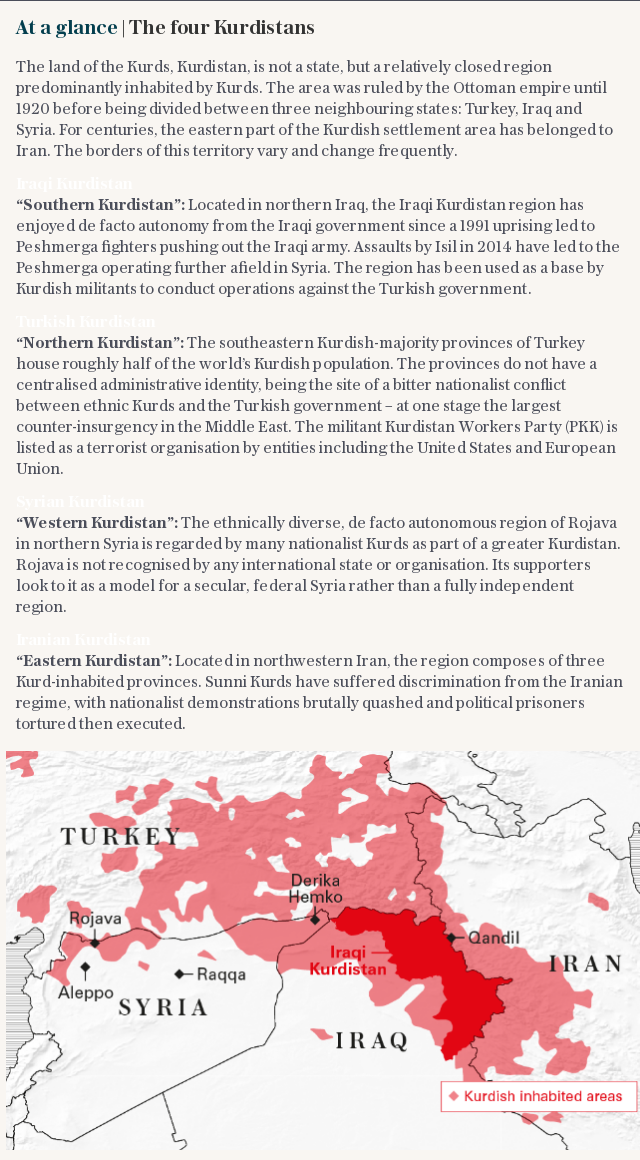BP returns to northern Iraq’s recaptured oil fields

BP has marked its return to the oilfields of northern Iraq with an ambitious deal to help Iraq more than double crude flows from its "super-giant" oilfield after government troops recaptured the region from Kurdish forces.
The oil major was forced to withdraw from the battle torn region in 2015 but on Thursday signed an agreement with Iraqi government officials to restore the region’s crude production to between 700,000 and 750,000 barrels of oil a day.
The Kirkuk oil fields were taken back under government control in October last year, paving the way for the deal, signed by BP’s Middle East boss Michael Townshend and Iraqi oil minister Jabar al-Luaibi at the Kirkuk headquarters of Iraq’s state-owned North Oil Company (NOC).
The letter of intent pledges BP’s support in redeveloping the field by carrying out seismic survey operations and studies to help overhaul the field’s operations. It also commits BP to helping in the longer-term redevelopment of the field.
A BP spokesman said the deal is an extension of the agreement first signed in 2013 but derailed after Kurdish forces took control of the Kirkuk field to help fuel their battle against Isis fighters.

Genel Energy and Gulf Keystone were also among those stung by the bitter conflict between Kurdish militants and Isil fighters which has made securing payment for their crude extremely difficult in the past.
But BP’s show of confidence in Baghdad’s government is the latest in a flurry of returning interest to the oil-rich region.
Chevron said earlier this week that it would restart drilling in the region, and Russia’s Rosneft has also begun work in Iraqi Kurdistan.
The revived co-operation also serves to deepen BP’s relationship with Iraq, where the oil major has a long exploration and production history after first discovering oil there in the Twenties.
BP was also the first major international oil company to return to Iraq after 35 years of isolation in 2009 to ramp up production of the super-giant Rumaila oil field in the south of Iraq.

Since then BP, and its consortium partners, have managed to increase production at the field by 40pc to 1.45 million barrels of oil a day to become the government’s biggest source of crude exports.
Iraq’s ultra low-cost oil is an increasingly lucrative export as the global market recovers from twelve year lows in early 2016. But it will need to keep a lid production to comply with a deal agreed between the the Organisation of Petroleum Exporting Countries and other major oil producing nations to shore up oil market prices.
The group agreed to extend the cuts until the end of the year, causing oil prices to climb towards the $70 a barrel mark. But a monthly report from the Vienna-based oil group warned that higher prices has increased the activity of oil frackers in North America which could erode the effectiveness of its supply pact.
The rise of oil production in North America, as well as Nigeria and Libya which are both exempt from the cap, is tempered by the steady decline in Venezuela’s output.
The Opec report said oil production from Venezuela has slipped further to hit its lowest level in decades amid its crippling economic crisis.

 Yahoo Finance
Yahoo Finance 